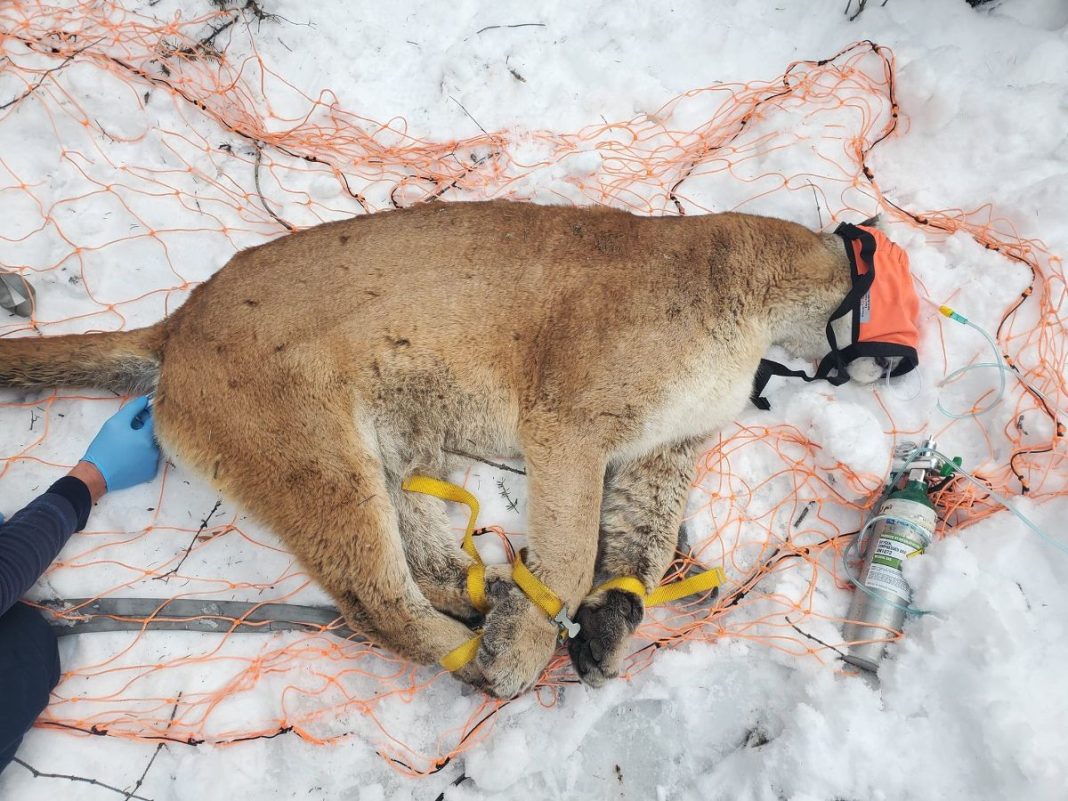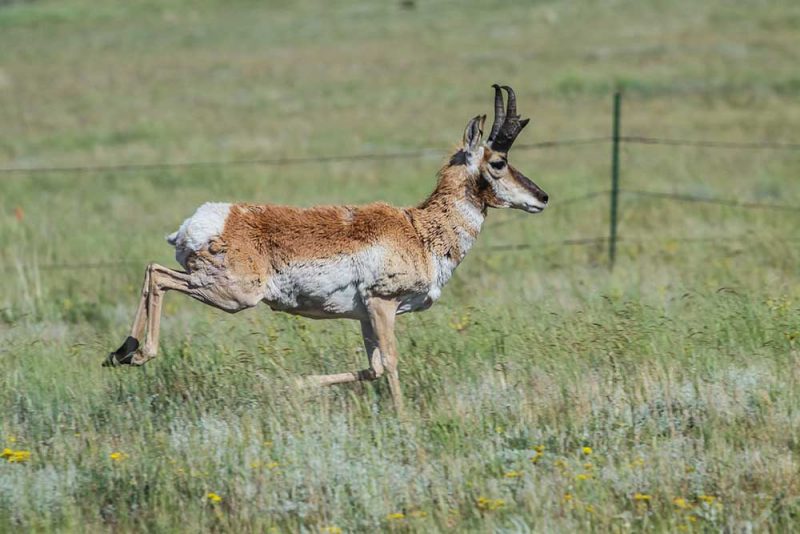The CPW’s Western Slope Mountain Lion Density Study has moved into its third year, with a focus on the Gunnison Basin Cougar. The project aims to understand the population density and movement patterns of mountain lions across the Western Slope of Colorado and use this knowledge to improve the management of the population. The study involves putting GPS collars on adult mountain lions, as well as numbered ear tags, to aid biologists in capturing the marked lions and distinguishing them from those without markings. Remote cameras are also placed throughout the region to provide a better understanding of the population density.
The CPW has successfully collared 35 Gunnison Basin Cougars so far. They plan to continue putting out more collars this early spring as conditions permit. The data collected from the collars have shown that mountain lions in the Gunnison area have home ranges with a diameter of 10-15 miles. Likewise, territories of multiple lions overlap extensively. Additionally, the movement patterns of mountain lions show that they are hunting in both river and creek drainage bottoms. While also hunting forested areas near big-game wintering areas. They are also successfully hunting in shorter vegetation areas such as sagebrush.
Gunnison Basin Mountain Lion Reporting
Residents in the area need to be aware that mountain lions regularly move through surrounding communities throughout the year. It is not uncommon for mountain lions to be hunting in backyards for game. So, if a person finds a deer or elk in their backyard that has died, they should contact their local CPW office. The CPW office has also received multiple reports of mountain lion kittens found without the presence of a mother this winter. Management of these reports is done on a case-by-case basis. Most often the mother will return following a hunt. It is essential for the public not to interfere with the kittens or feed them. Typically, human intervention can often have unintended long-term consequences.
The mountain lion density project has also helped the CPW identify a deceased collared mountain lion in Gunnison that tested positive for Highly Pathogenic Avian Influenza (HPAI) in January. Given the elusive nature of mountain lions, it is likely that this positive case of HPAI would never have been detected if not for the project. CPW urges the public to refrain from feeding waterfowl as HPAI is a disease primarily amongst bird species.
In conclusion, the CPW’s Western Slope Mountain Lion Density Study is an important project that aims to understand the population density and movement patterns of mountain lions across the Western Slope of Colorado. The data collected from the collars and remote cameras is providing insights into the lives of these elusive creatures. The knowledge gained will help CPW improve the management of the population. Residents in the area need to be aware of the presence of mountain lions in their communities. They should report any sightings of uncollared mountain lions. Likewise, they should report tracks and recently killed deer and elk, to CPW staff.
You can read more about this study by clicking here. Likewise, you can read more colorado hunting news by clicking here.















